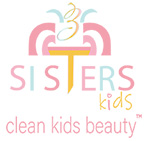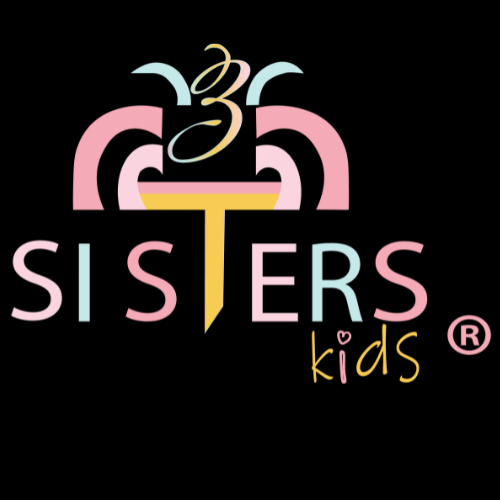Do you ever get confused by those big words on product labels?
We do!
We have created this guide to help you understand some of the questionable ingredients to watch out for when shopping for skincare.

SLS is short for sodium laureth sulfate, can be found in shampoo, lip balm, foundation, exfoliants and cleansers. SLS may cause irritation. The AAD lists SLS as a rosacea trigger.
The Breast Cancer Prevention Partners notes that parabens are endocrine disruptors, and the Campaign for Safe Cosmetics (CSC) reports that parabens have also been linked to reproductive, immunological, neurological, and skin irritation problems. The FDA’s position on parabens is that “FDA scientists continue to review published studies on the safety of parabens.
Oxybenzone is a chemical sunscreen that has been used in products for about 40 years, and it helps block UVA and UVB rays. some studies suggest that chemical sunscreens are absorbed into the body and enter the bloodstream, which has raised some concerns. According to the Environmental Working Group, some studies suggest chemical sunscreens may disrupt hormones and cause allergies.
Triclosan has been around since the 1960s and was first used as a pesticide and has been used in soaps, body washes, and some cosmetics as well as toothpaste. Studies have raised the possibility that triclosan exposure makes bacteria resistant to antibiotics.” In 2017, the FDA banned triclosan in over-the-counter healthcare antiseptic products.
Phthalates are a group of chemicals that are found in body washes, fragranced lotions, and cosmetics, as well as products such as toys and vinyl flooring. According to the Campaign for Safe Cosmetics, they have been linked to “endocrine disruption, developmental and reproductive toxicity, and cancer, have been banned from cosmetics in the European Union, but remain prevalent in U.S. products.
Sulfates are essentially detergents that make soap, toothpaste, and shampoo foam, and one of the most common is sodium lauryl sulfate (see above). For people with sensitive skin, sulfates may also clog pores and cause acne.
SLS and SLES can irritate eyes, skin, and lungs, especially with long-term use. SLES may also be contaminated with a substance called 1,4-dioxane, which is known to cause cancer in laboratory animals. This contamination occurs during the manufacturing process.

